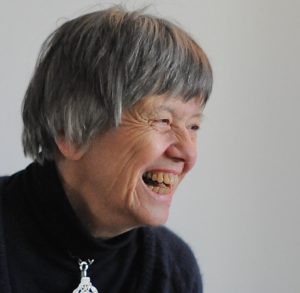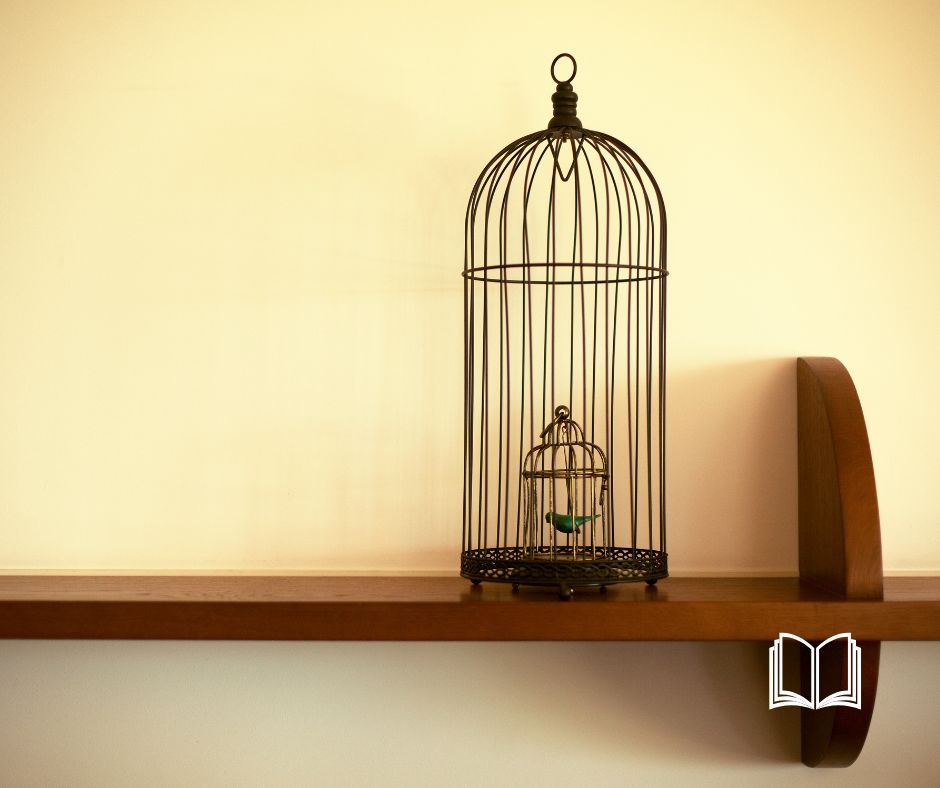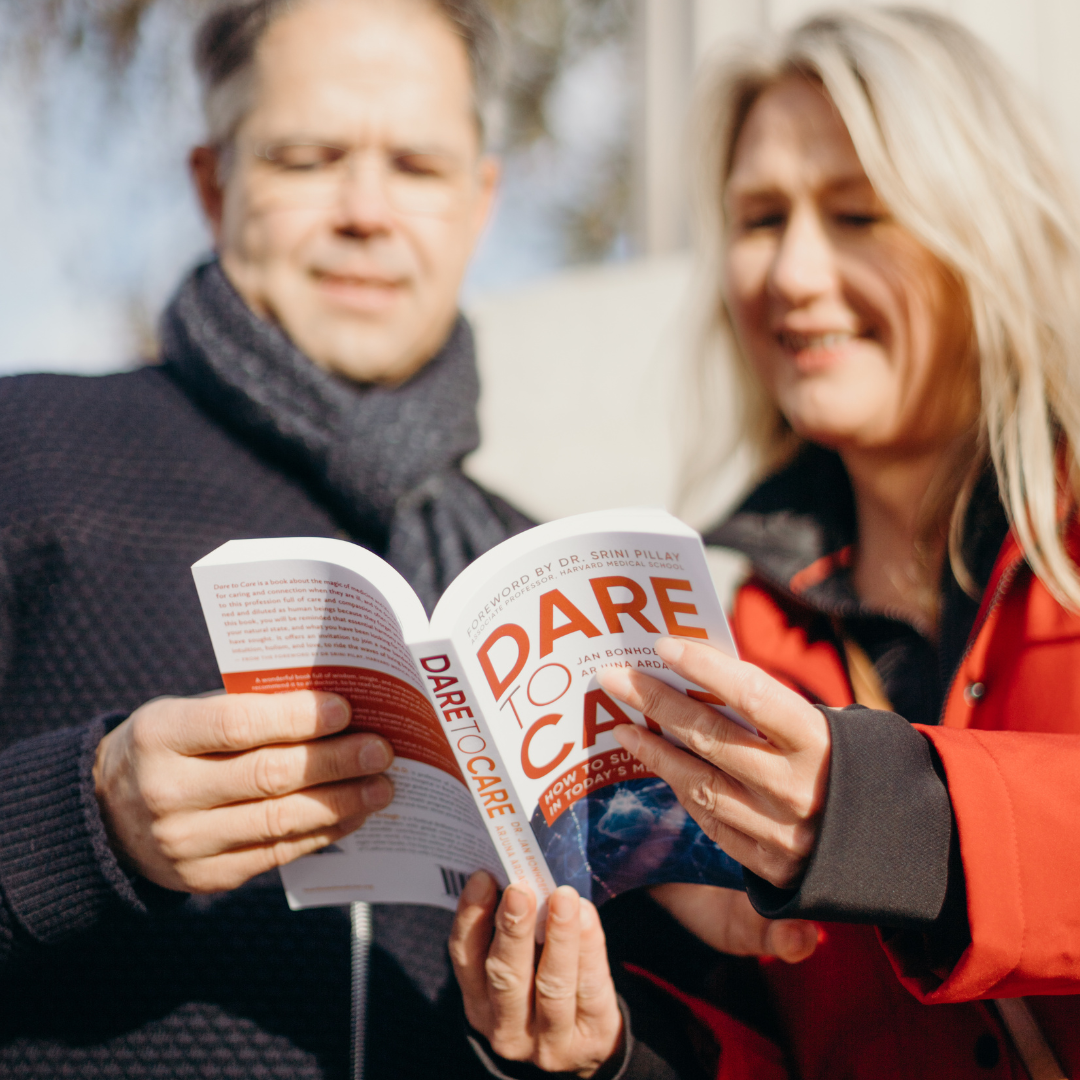During the last year, while we have all been dealing with the frequently changing regulations generated by the pandemic, healthcare providers everywhere have done their best to adapt to the latest rules. Sometimes, common sense and the wisdom of the heart suffers as a result. I had my own personal experience of this recently with my own mother.
Towards the end of her life, in her eighty-eighth year, my mother Rosemarie was suffering from dementia so severely that she started to have personality changes which led to aggressive behavior. It was an adjustment for all of us: the most loving person on the planet very suddenly started to have bouts of becoming a very different kind of person. None of us could predict which Rosemarie we would meet each day.
Finally, after many weeks of attempting to deal with the situation on our own, we were all at the end of our tether. We sought out the help of a good geriatric psychiatrist, who could help us to navigate this new challenge, and to support my mother. It was recommended that we have her admitted to the hospital for more extensive evaluation and treatment.
She was not at all happy about the situation, and thought we were trying to get rid of her. “You just want to take me to the hospital to die,” she said.
“No mama,” I replied. “We want you to live a better life, more happy, more peaceful and at ease. Right now you are suffering, so we want to bring you to the hospital, where they can help you. Then you can come back home.” She seemed somewhat reassured, and we took her to the hospital. The doctors did a fantastic job in evaluating what was going on, diagnosing her condition, and they got her onto some medication.
*
Because of COVID, no one was allowed to visit her. We also could not talk to her, because they told us there was no phone in her room. We asked if we could do a video chat by iPad, but we were told “we are working on this, but we haven’t quite worked out the technical details yet.”
And so: we were cut off from her, and she was cut off from us. It was very distressing. After all the promises we had made her, I knew that my mother would be feeling very uncomfortable, abandoned, and excluded from family life. I called the hospital every day, to speak to the nurses and the doctors, and they reassured me she was all right. But it was just not the same as if we had direct contact.
After about two weeks, I managed to argue my way through the barriers. “I need to see my mother, because I am not hearing that there is progress, and I’m concerned that she may be deteriorating. If you will not let me come and visit her today, we will insist that she be discharged.” Finally, I won the argument, and they let me in.
When we got to the hospital, this is what we found.
 Here was a completely collapsed human being, sitting in something like a prison. The room had neon lights, linoleum flooring, a steel bed, and a plastic table. This is how she had been vegetating for two weeks, and we had no idea. She was completely shut down emotionally, with nothing to hold onto: no one and nothing that was familiar.
Here was a completely collapsed human being, sitting in something like a prison. The room had neon lights, linoleum flooring, a steel bed, and a plastic table. This is how she had been vegetating for two weeks, and we had no idea. She was completely shut down emotionally, with nothing to hold onto: no one and nothing that was familiar.
Immediately, I spoke to one of the senior nurses, who acknowledged the problem. “We call this uprooting syndrome,” she said. Your mother does not know anyone here, and she has dementia. The few things that were holding her to reality are all gone. So she is slipping away.” After this visit, we committed to seeing her more often.
The next visit was, coincidentally, on Christmas Eve. The hospital made a special rule to allow two family members to visit, for half an hour. They communicated this message in a tone that suggested that they thought it was an extremely generous gesture on their part. Since it was limited to two people, her grandchildren – who she adored – could not attend, and only my father and I went.
When we got to the room where she was laying in the bed, a very kind and loving nurse was taking care of her. “Oh, I’m so sorry,” she said. “I’m not quite done yet. Would you like to wait outside, or would you like me to continue later?”
“Why don’t we wash her together?” I asked. “We can help you.”
“Oh no,” she replied. “That’s not allowed. I can manage.”
Already, I could sense what was going on here. We were going to get caught up in a tangle of rules. “Thank you so much,” I said. “I think we will have our scheduled visiting time. We were given this slot from 11:30 till 12 noon, and I think we should stick to it. It’s better that you come back later when we have finished our visit.” And so, my father and I pulled up two chairs next to the bed, to be with our beloved for these few precious minutes.
Within two minutes, a male administrative nurse came in. “You can’t be here,” he said.
“Why not?” I asked. “We have this allotted time for me to be with my mother, and for my father to be with his wife.”
“Yes,” replied the nurse. “But this is supposed to happen in another room, outside of the ward. You are not allowed to be here.”
“My mother is bedridden,” I pointed out. “How are you going to get her to this other room?”
“I see your point,” he replied. “Let me go and make a phone call.”
We fell into a loving stillness then, the three of us, holding her hands and speaking to her softly. About five minutes later, he returned, once again interrupting the short time we had with her. “All right, I have talked to the management,” he said, in a loud and assertive voice. “You may remain in this room for the rest of your allotted time.” He hovered there in the corner awkwardly for a few minutes, and then left.
We returned to sitting there together, holding her hands, and connecting with her silently. Slowly, over these few minutes, she became a little more responsive. Then, at the end of our time, with just a few minutes left, she started to scream. She was obviously extremely uncomfortable. “What is going on?” I asked my father. “She seems to be in some kind of throbbing pain.”
Just then, the administrative nurse came back, and again stood in the corner. “Can you please come and help her?” I asked.
“No,” he said. “That is not my job. I just came to tell you that your visit time is over.”
“Please,” I asked him. “Please open your eyes and see what is happening here. It is unreasonable for us to leave her when she is screaming. What do you propose that we do?”
“I’m sorry,” he said. “I need to tell you that your visit time is over. These are the rules. We allocated you half an hour, and now the time is up…”
Coincidentally, I had just received some cards in the mail that had been designed for the Heart Based Medicine foundation. I had some of these cards in my pocket. I took one of them out, and handed it to him. “If you don’t mind,” I said, “I just published a book. It is titled “Dare to Care.” It is all about bringing the heart back into healthcare. Who knows, maybe there is something in the book that you might find useful? Next time I come back, I could bring you a copy as a Christmas gift.” But nothing changed in his demeanor. He just insisted that we needed to leave.
Luckily, I found the very loving (and more junior) nurse and spoke to her. “Could you please go to my mother,” I asked. “she is in a lot of pain and distress. Just now, I had to unclasp my mother’s hand which was gripping onto mine. She was saying ‘please don’t leave me.’” Fortunately, the nurse agreed to come back to the room and to help.
With our hearts in our boots, my father and I slowly trudged along the corridor towards the elevator. No word was spoken between us. Finally, I broke the heavy silence as we were waiting for the elevator to arrive. “Unbelievable…” I said. “This is not a nurse. This is not even a human being. How is this possible in an institution built to care for people?”
Just at that moment, the elevator arrived. We stepped in and as I turned around to face the doors I saw that this administrative nurse had been standing right behind us. “You have a nice Christmas,” he said, in a tone that conveyed more of the message “go jump off a cliff.”
*
The next day, my father went back to the hospital. The doctor told him that my mother had stopped eating. Together, they decided to change her status to “do not resuscitate.” It was agreed that we would not torture her any longer in this place, we would remove all the IV lines, take her off the drugs, stop all the interventions, and bring her home.
Once Rosemarie got back to her familiar environment, she relaxed completely. All those hard wrinkles disappeared from around her face. She opened her eyes, which were now full of curiosity and care. Her grandchildren were allowed into the room to play with her. Candles were lit, and we celebrated Christmas as a family.
Rosemarie was allowed to pass away peacefully and lovingly, surrounded by her family, holding hands with the people she loved.
Sometimes the rules which we create in an attempt to protect people become the prisons that keep people locked out of their own heart.











